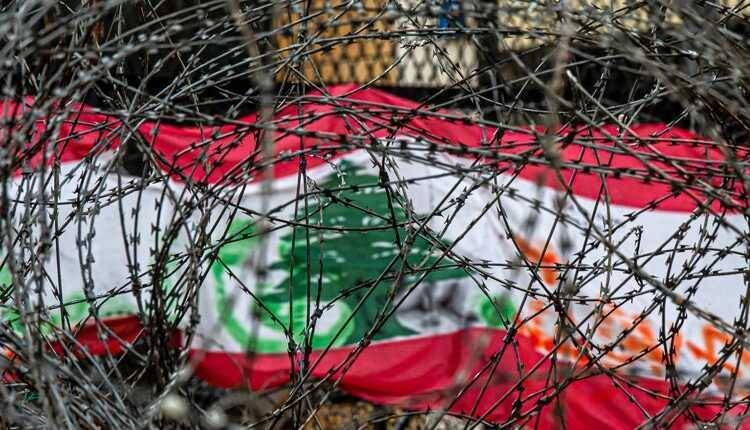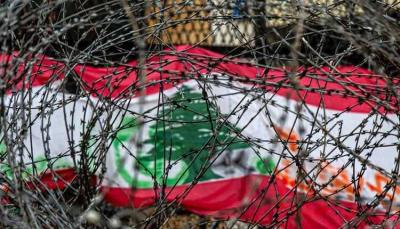The situation on the ground remains tense across all combat fronts, from Rafah to southern Lebanon, which, like every day, is witnessing violent clashes and Israeli airstrikes on villages in the eastern and central sectors. In a new escalation, the Israeli army targeted the city of Marjeyoun yesterday, where the Amal movement announced the death of three of its members. Security sources, in a call with the electronic newspaper "Anbaa," anticipated that the field confrontations between Hezbollah and Israel would continue, and that there was no indication of an imminent agreement for a ceasefire.
The sources speculated that fighting might intensify during the Eid al-Fitr holiday, with increasing talk about potential aggressive actions that Israel might undertake at the Al-Aqsa Mosque in light of the holiday, warning against Israeli aggression during this occasion, coinciding with the dissemination of rumors from extremist Jews who incite unrest at the Al-Aqsa Mosque and prevent Muslims from praying there.
In political matters, analyses and conclusions about the visit of Sleiman Franjieh, the head of the Marada Movement, to France are proliferating, particularly regarding its connection to the presidential election and the efforts of the five-member committee. While Franjieh's circles affirm that the visit is personal and unrelated to the presidential issue, sources from the Marada Movement do not rule out that Franjieh might make contacts with some French officials to discuss the Lebanese situation.
In this context, member of the Development and Liberation bloc, MP Michel Moussa, noted in a discussion with "Anbaa" that there is nothing new in the presidential file, and that the meeting between Speaker Nabih Berri and MPs George Atallah and Ghassan Atallah, who visited Ain al-Tineh separately, falls within the framework of general discussions and gauging opinions on recent developments, without any new outcomes. Berri remains committed to dialogue, as emphasized by Moussa, while there are forces that reject it, indicating that matters are stagnant and nothing is clear yet. Regarding Franjieh's visit to France, Moussa suggested it is a personal visit as stated, and while some meetings with French officials might take place, there is no indication in the political landscape suggesting movement towards a solution in this file, as all matters are deferred until after the holidays.
In terms of security, Moussa pointed out that the tense situation in the south remains unchanged, with clashes potentially intensifying or subsiding and possibly extending to areas outside the established combat zones, highlighting the significant destruction caused by this war in addition to the daily displacement of people from their villages. He awaits the results of ongoing negotiations for a ceasefire, ruling out that the war could expand beyond its current state, as no one seeks that except for Israel, which would refrain from doing so without external cover, given the high costs it would incur. Therefore, the overall situation will remain in a state of anticipation, awaiting the maturation of a presidential settlement and the election of a president, according to "Anbaa."




